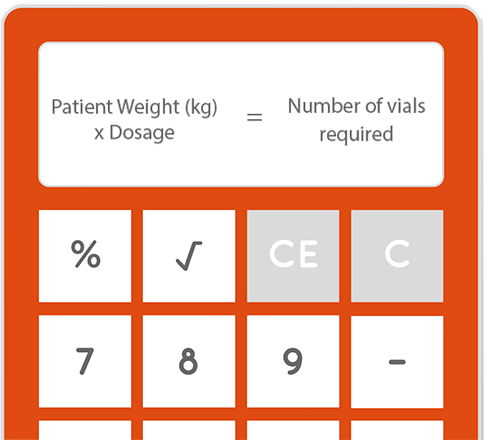PHASE lll CLlNlCAL STUDY
STUDY DESIGN
N=584
Moderate
to severe
RA despite
methotrexate
Phase III, randomised, double-blind study.
RA patients randomised (1:1) to receive reference
infliximab or Flixabi™. Patients receiving IFX who
completed 54 weeks and were willing to participate in the
extension study were rerandomised to either switch to
Flixabi™ or continue receiving IFX
Baseline to
Week 78
Primary efficacy endpoint: ACR20 (Week 30). Efficacy,
safety (including TEAEs), and immunogenicity up to
Week 78
Adapted from: Smolen JS, et al. 2018.3
Abbreviations: ACR20, American College of Rheumatology 20% improvement criteria; CI, confidence interval; DAS28, disease activity score based on 28-joint count; IFX, reference infliximab; RA, rheumatoid arthritis; TEAE, treatment-emergent adverse event.
Comparable long-term efficacy and safety profile up to Week 78 in RA1–3
- ACR20 at Week 30 post-switch was comparable between patients receiving reference infliximab and Flixabi™2
Adapted from: Choe JY, et al. 2017.2
a Curve is fitted by non-linear mixed models employing an exponential time-response model. The upper limit of the 95% CI for the 2-norm was 35.8, which was below the prespecified equivalence margin of 61.8
- DAS28 time-response curves up to week 78 were similar among the three treatment groups1
Adapted from: Smolen JS, et al. 2018.1
- Comparable safety profile demonstrated across multiple parameters up to Week 541
Treatment emergent adverse events reported in ≥2% of patients in
either treatment group at up to Week 541
Adapted from: Smolen J, et al. 2017.3
lncidence of treatment-emergent adverse events, severe adverse events, injection site reactionsa were comparable for both treatment groups1
a Five cases were serious (two cases of hypersensitivity and one case of anaphylactic reaction with Flixabi™ and one case of anaphylatic shock and one case of urticaria with reference infliximab).3

